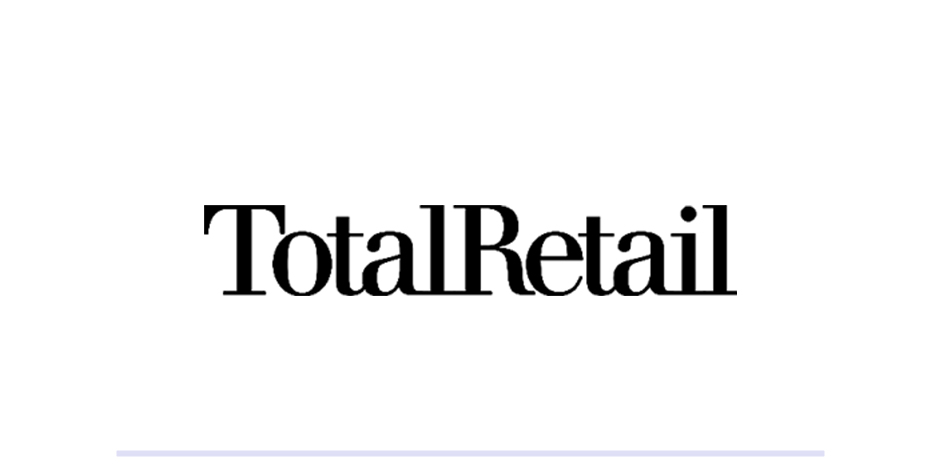TotalRetail Mentions First Insight | Private Label Just Stole the Aisle
Private label isn’t playing backup anymore, it’s running the show. Once the bottom-shelf generic you bought with a sigh, today’s store brands are the reason shoppers are skipping logos and chasing value that feels just as good (if not better). First Insight’s latest report, The Quiet Takeover of Private Label, shows just how far the shift has gone: more than three in four (77 percent) consumers now say they feel zero hesitation about buying private-label products. That confidence is why store brands aren’t just catching up, they’re stealing entire aisles out from under national brands.
This shift didn’t happen by chance. Retailers have invested heavily in the look, feel and marketing of their private-label lines, especially over the past few years. Nearly three-quarters (71 percent) of consumers surveyed believed they could recognize a private label when making a purchase. And here’s the kicker — 72 percent can’t even tell the difference when shown side-by-side images of store brand and national brand products.
What changed? Retailers stopped treating private label as the “cheap seat” and started investing heavily in packaging, design, and marketing that blur the line between “value” and “premium,” especially over the past few years. The stigma is gone.
Now that retailers have consumers’ trust and attention, they need to keep it. The shift to private labels presents a major opportunity to do so, but only if retailers truly understand what today’s consumers expect. To win with store brands, retailers can’t compete on price alone; they need to treat private label as a core brand strategy.
Here are three takeaways from First Insight’s new report, including how retailers can adapt their private label approach to keep pace with shifting consumer expectations.
1. Logos don’t win loyalty anymore — value does.
Brand loyalty isn’t earned through name recognition alone. It’s built on price, quality and perceived value. Only 48 percent of consumers say they’re “brand loyal,” while the rest are either “brand curious” (32 percent) or flat-out price-driven (20 percent). When a national brand slips — whether on price, availability, or relevance — an opportunity window opens for private labels to capture market share. In fact, more than seven in 10 (71 percent) say they would try a private label store brand if their preferred brand was out of stock, and nearly half (45 percent) who do end up sticking with it. Loyalty today is less about the label and more about who shows up with the best quality-to-price equation in the moment that matters.
2. What shoppers can’t see, they won’t buy.
Controlling the shelf isn’t enough anymore. When consumers walk into a store, they’re overwhelmed with choice — and their eyes land on what pops. According to First Insight’s report, more than half (52 percent) say packaging, promotions, and in-store marketing drove them to try a private-label product for the first time. The playbook? Think bold packaging, prime placement, and promotions that position store brands as confident equals. The shelf isn’t just real estate; it’s persuasion..
3. Dupe culture made saving aspirational and killed the logo. Getting the look without the price tag is the new luxury.
Here’s where private label gets its swagger. Social media turned “dupes” into bragging rights — $5 lashes compared to $25 ones, mascaras that “go viral” not because they’re luxury but because they work. The Quiet Takeover of Private Label report reveals that nearly half (47 percent) of consumers say they’ve tried a private-label product because it was marketed as a “dupe” of a high-end product. And it’s not just the budget-conscious: 70 percent of households making $150K-plus admit they’re dupe-hunting, too. For retailers, this is the cultural unlock — shoppers aren’t embarrassed to buy store brands; they’re proud to show they outsmarted the system.
To capitalize on this, retailers should position their products as credible alternatives and use product comparisons that highlight value without suggesting their store brands as lesser. This could mean directly calling out dupe-worthy features in social media, packaging and promotions while emphasizing performance and quality — all at a lower price.
Private label has graduated from generic to game-changer. It’s not about playing catch-up to national brands anymore; it’s about building brands that stand on their own, win loyalty on quality, and recognize value. Retailers that treat private label like a true brand strategy — not just a margin tool — will be the ones rewriting what power on the shelf really looks like.
Read on TotalRetail.
















